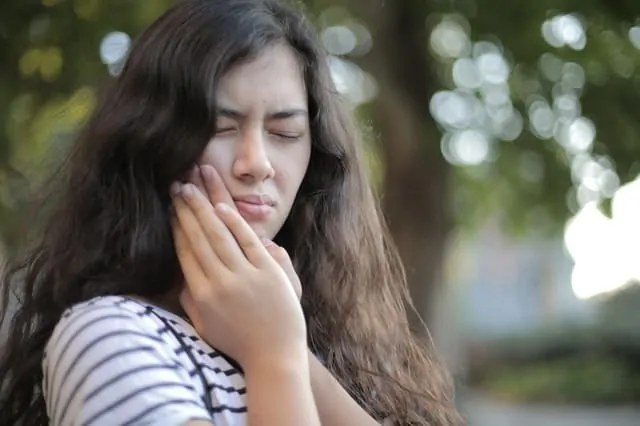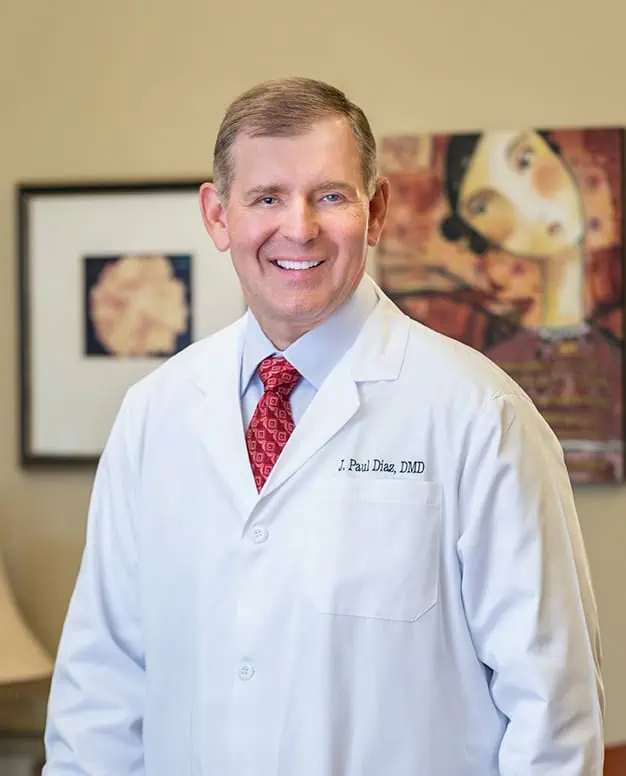Nobody wants to experience a dental emergency, and that may be more true now than ever before thanks to all of the confusion and uncertainty surrounding COVID-19 and dental care. Don’t worry, your dentist in Tuscaloosa and the American Dental Association (ADA) are here to help clarify what constitutes a dental emergency and what doesn’t.
From The ADA: Classifying Dental Emergencies
The ADA classifies dental emergencies as “potentially life-threatening and require immediate treatment to stop ongoing tissue bleeding, alleviate severe pain or infection.” But what exactly does that mean? Some examples of dental emergencies provided by ADA include:
- Uncontrolled bleeding
- Cellulitis or soft tissue infection with swelling that potentially compromises a patient’s airway
- Trauma to facial bones that may obstruct an airway and make breathing difficult
- Tooth or jaw pain
Urgent Dental Care
The ADA also describes other dental problems that do not necessarily fit into the emergency definition above but still require immediate attention from your dentist in Tuscaloosa. These problems are classified as urgent dental care needs and may include:
- Severe dental pain from pulpal inflammation
- Third-molar pain
- Tooth fractures with pain or soft tissue trauma
- Post-surgery complications such as dry socket
- Abscess or bacterial infection with swelling
- Knocked out tooth
- Lost, broken, or defective temporary restoration
- Cavities or decay that are causing pain
Please note, this list is not a complete list of all possible situations and symptoms. If you believe you have a dental emergency or urgent dental care need, contact your dentist to determine the next steps for your specific needs.
What’s Not A Dental Emergency?
As of April 1, 2020, the ADA has recommended that all dental offices postpone all routine dental visits until at least April 30th. This means that there are several circumstances in which you should wait to schedule an appointment including:
- Routine checkups and cleanings
- Consultations for procedures such as cosmetic dentistry
- Follow-up appointment for treatments like tooth whitening
- Cavities that do not cause pain
- Extraction of teeth that are not causing pain
During these unprecedented times, please help us and your community stop the spread of COVID-19 by staying home and only seeing your dentist for emergency or urgent care. We hope you stay safe and healthy, and we can’t wait to see you soon.
*Note: Recommendations for dentists and patients are changing regularly. Please check your local recommendations for the most up-to-date information about COVID-19 and dental care.


